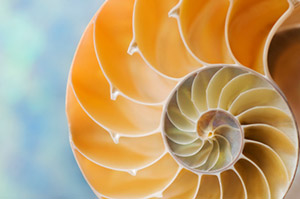About Homeopathy
 Proven Track Record of Healing
Proven Track Record of Healing
Homeopathy is a natural system of health care and healing that seeks to resolve a problem, not just manage it. It has a 200+ year track record as a healing modality. It uses homeopathic remedies made from natural substances to address physical, mental and emotional conditions.
Law of Similars
Homeopathy is based upon the premise of the Law of Similars. This law states that a person suffering with particular condition can find relief through a homeopathic remedy that is known to be “similar” to that condition. Thus, a homeopath seeks to match an ill person’s symptoms with a remedy known to alleviate those symptoms.
Holistic Approach
Homeopathy is a system of healing that addresses the whole person, not just an individual symptom. It’s goal is to find and resolve the root cause of the condition or issue, rather than to suppress or palliate. A homeopath is interested in the collective physical, mental and emotional picture of the individual in order to address the total person.
 Brief History
Brief History
Homeopathy was discovered and developed by German physician and chemist, Dr. Samual Hahnemann, in the late 1700’s. Hahnemann had been disillusioned by the crude and often harmful medical practices of his day, and suspended his practice and turned to translation of medical texts to earn an income. While translating a text by William Cullen, he came across a case of relief of malaria by cinchona (Peruvian Bark, from which quinine is derived). Cullen attributed the relief to the bitter and astringent properties of the substance. Hahnemann knew this to be false, for there were other bitters and astringents that would not result in relief from the symptoms of malaria. Thus, the chemist and experimenter Hahnemann ate Peruvian bark over the next few days and found it produced symptoms similar to malaria. This was his first “proving.” This began his experimentation that would ultimately lead to his principle of homeopathy: the law of similars.
The concept of the law of similars was not original. The theory dates back to the fifth century BC. It was Hippocrates, who is known as the father of medicine, who wrote about two methods of healing: by contraries and by similars.
Upon his personal discovery of this principle of healing, Hahnemann thus began an exhaustive experimentation (what we now call “provings”) of natural substances to document their medicinal properties and applications. This began the accumulation of clinical information about specific natural substances that would become the materia medica (remedy information directory) of homeopathy.
Homeopathy Today
Homeopathy is widely used and accepted as a system of healthcare in many European countries and in India. In England, it is has been offered as part of the National Health Service. The British royal family are great patrons of homeopathy.
In the United States homeopathy is experiencing a resurgence of interest as peoples’ awareness and desire for a better quality of healthcare grows.
Contact us to discuss your health concerns and goals.